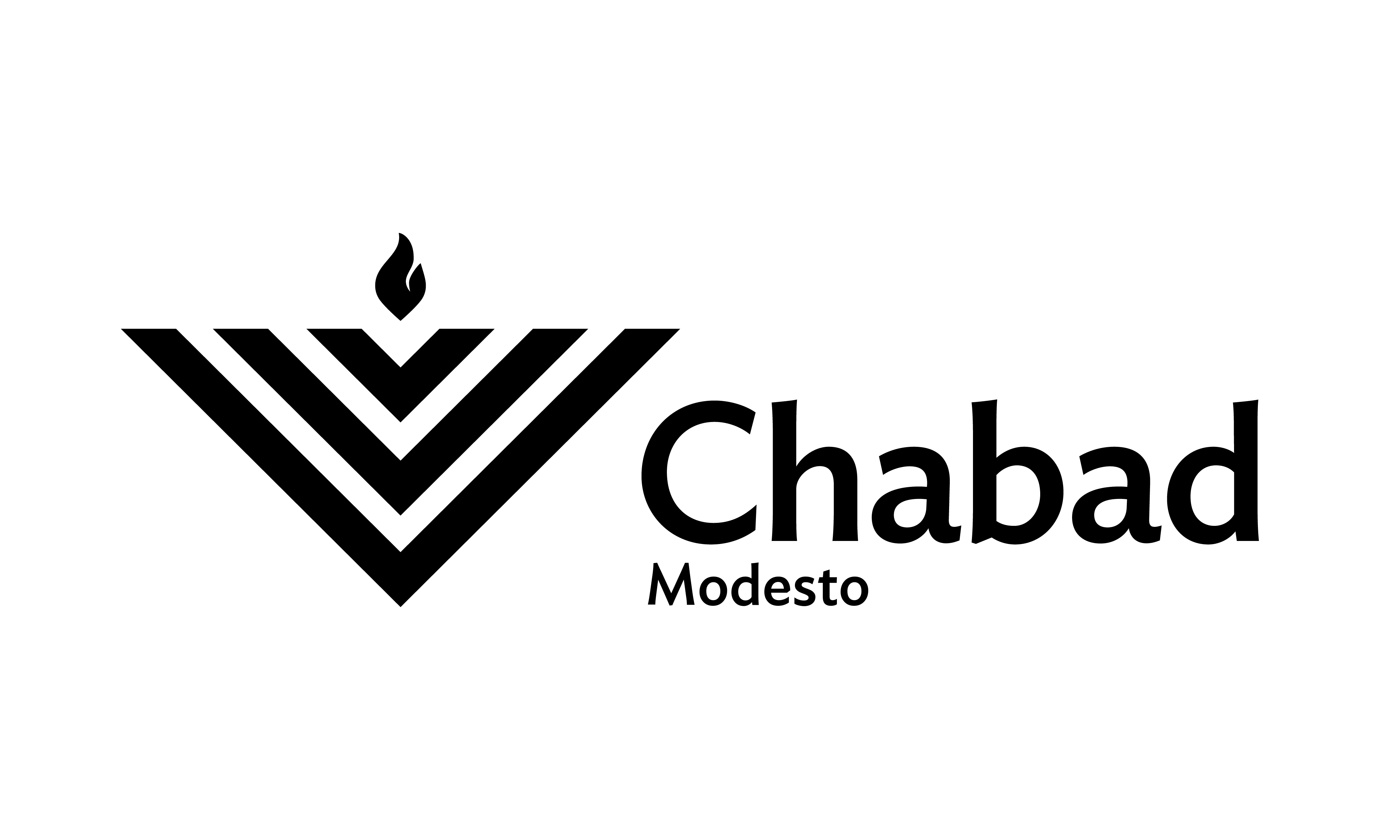WHY DONATE?
Not every property is worth donating. Three basic criteria must be met – the right buyer, the right seller and the right property. Once the value of the property is established, our professionals can determine if donating the property will exceed the cash benefit of selling it at list price.
One of the biggest problems that corporations and individual investors owning large properties face is how to deal with the changing economy. As the value of commercial and industrial properties is in continuous decline in many markets, coupled with the fact that many properties are vacant with a long sales/lease cycle, they are left with few good financial solutions at their disposal. The U.S., has a large number of industrial properties that are now empty and not long producing. This not only effects the owner of the property, but the local communities and the American economy.
A typical property may be anywhere between 10,000 sq. ft. and 500,000 sq. ft. The cost to maintain these properties and keep them empty is staggering. Not only do you have high property taxes, insurance, but most properties must continue to pay a high rate for electric and heat, even if it’s empty, due to fire and safety regulations with the sprinkler systems. Some corporations have paid $30,000 per year in water even though it did not consume a drop during that period. On top of that, corporations have a designated maintenance person to oversee an empty building while it sits on the market—and sitting on the market is what these properties do best.
The sales cycle of a typical property may be anywhere between 3 to 5 years. The only reason some of properties move after 5 years is because the owners gets frustrated with paying carrying costs, month after month, so they will do anything to dispose of the property, no matter what the return. A 100,000 sq. ft. property can pay over $1 million dollars in these carrying costs while it sits on the market. Instead of a company focusing on what they do best and growing the business, time and energy is drained with the headache of maintaining the empty property. In the end, when the property does sell, the owner usually receives a fraction of that cost back. So, as the demand for industrial properties keeps decreasing and the supply keeps increasing, this problem only gets more and more costly. However, even in this uncertain and difficult economic climate, some companies have found a great solution, not only to their headache of costly empty properties, but also solutions that the local community and the company’s shareholders love – donating the property – also called the 561 Exchange by the IRS.
The catch is that the 561 Exchange only carries a tax benefit to the owner of the property if the company is profitable or expects to be profitable within the next 5 years. If the owner of the property is an individual investor, the owner must pay a certain amount of income taxes in order to exceed the cash benefit of selling it at list price.
The second criterion is that it has to be the right property. The 561 Exchange typically only works on the right property. It does not usually apply to homes, apartments, condos, etc. If the property is downtown in a thriving metro area like Chicago—it probably will not apply. However, if the property is in an economically sluggish city, or if the property’s value has declined greatly within the past 2 years then it will probably work.
The third criteria is that it has to be the right buyer or recipient. Typically, a national 501(c)3 organization that has experience in 561 Exchange properties. Believe it or not, the 561 Exchange is simple. All it requires is a certified appraisal following the rules and regulations of IRS Publication 561. It must take into account the replacement cost approach, income approach, and the market approach in the appraisal. Given the right size property, these appraisals can far exceed the value attained in selling the property.
If you are interested in donating your property or for more info.
Email: Rabbi@jewishmodesto.com or
Call: 718-407-9762
